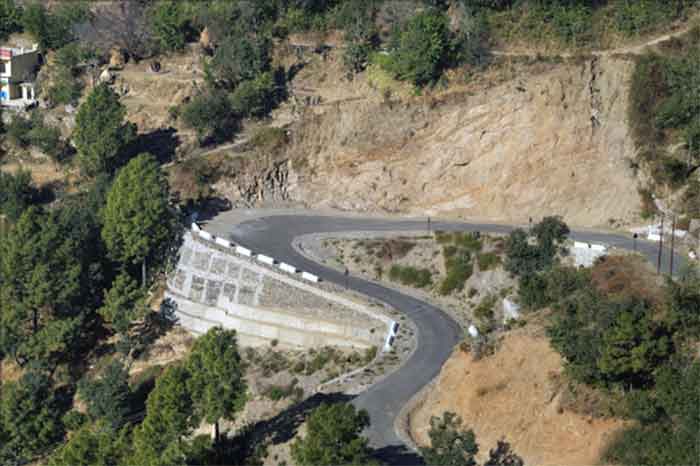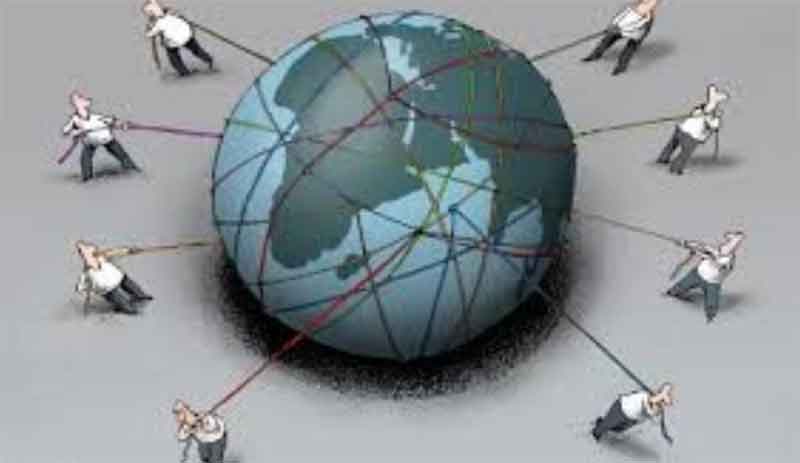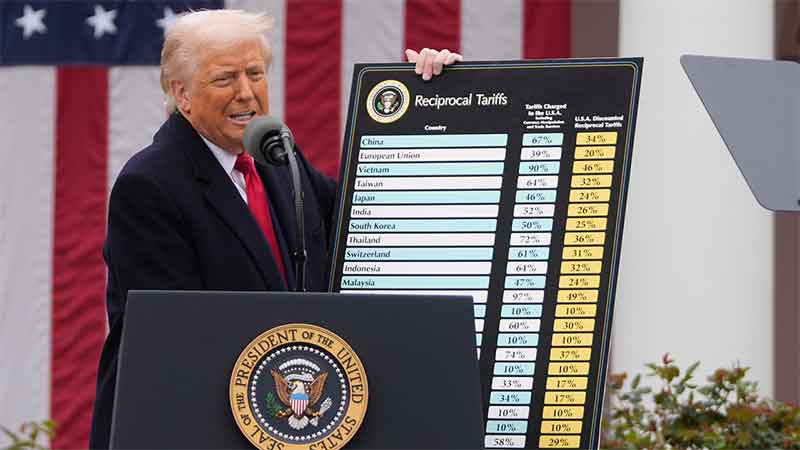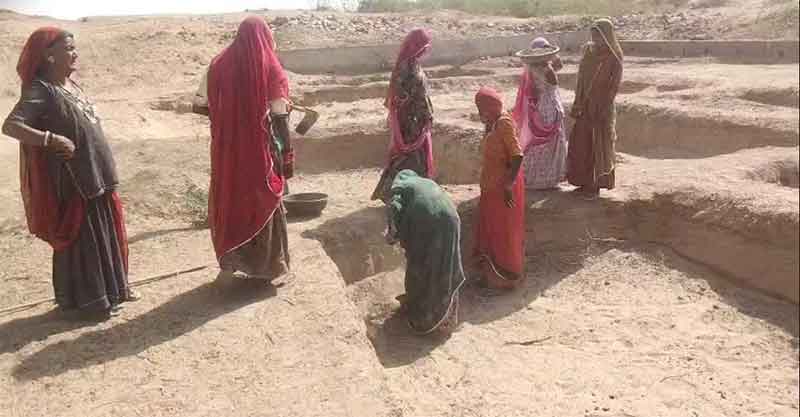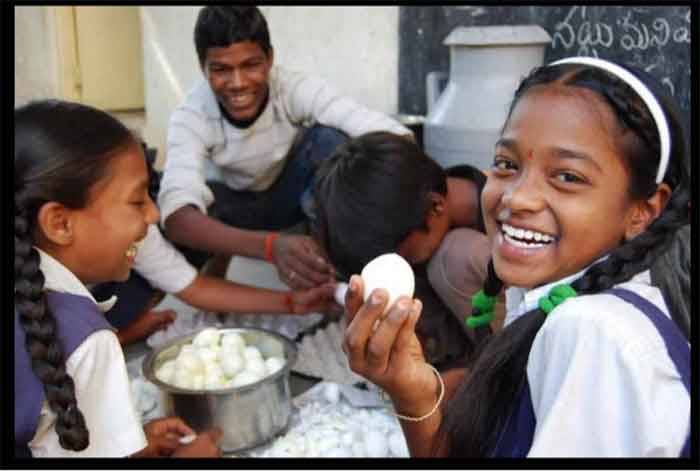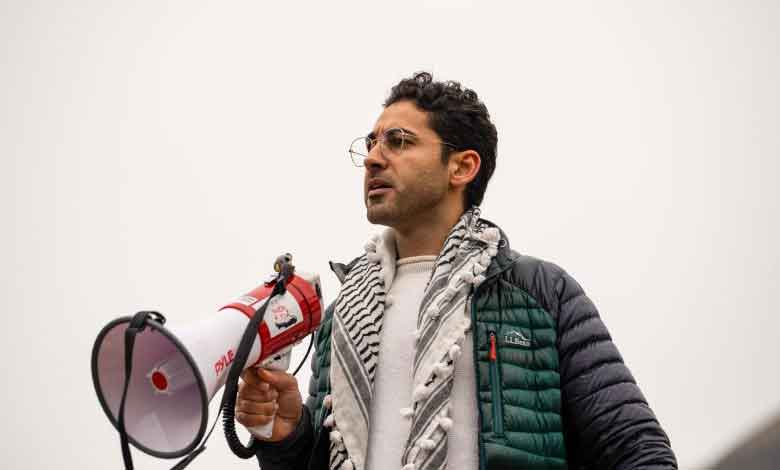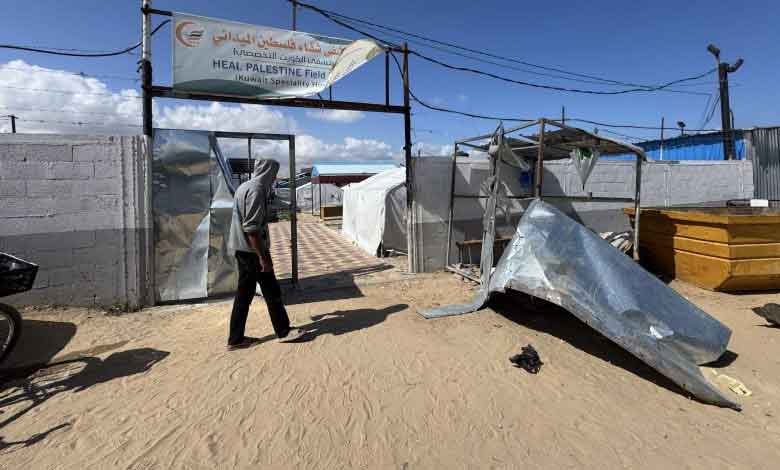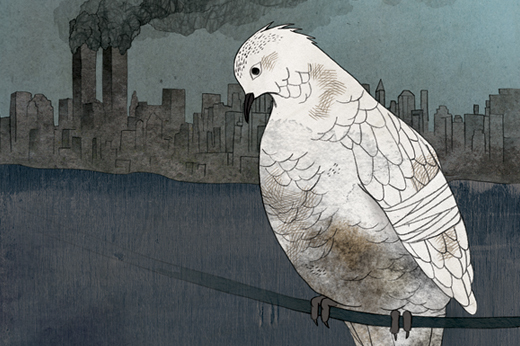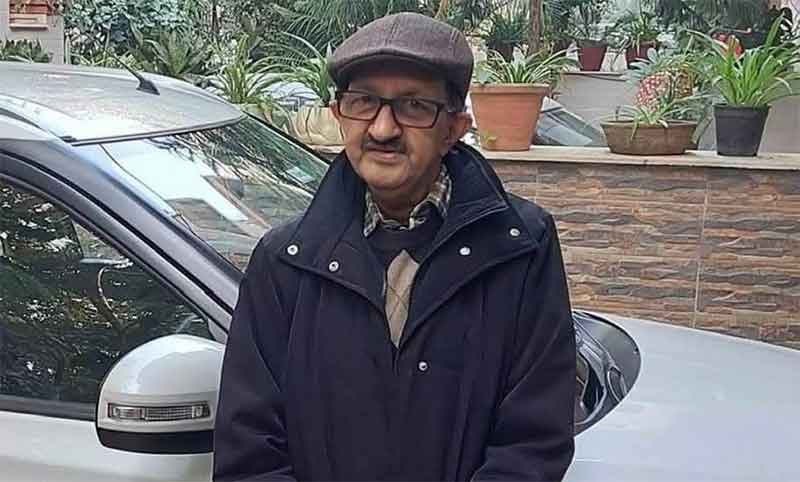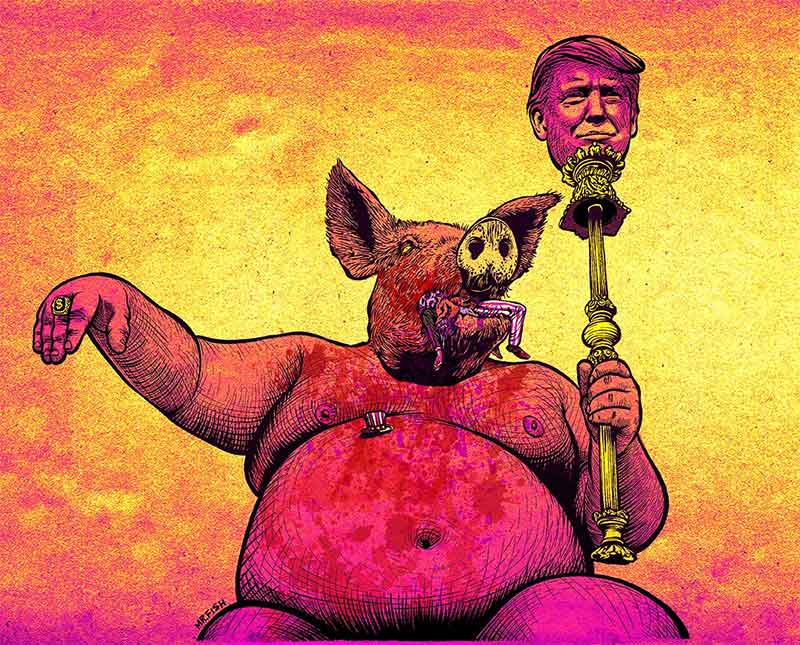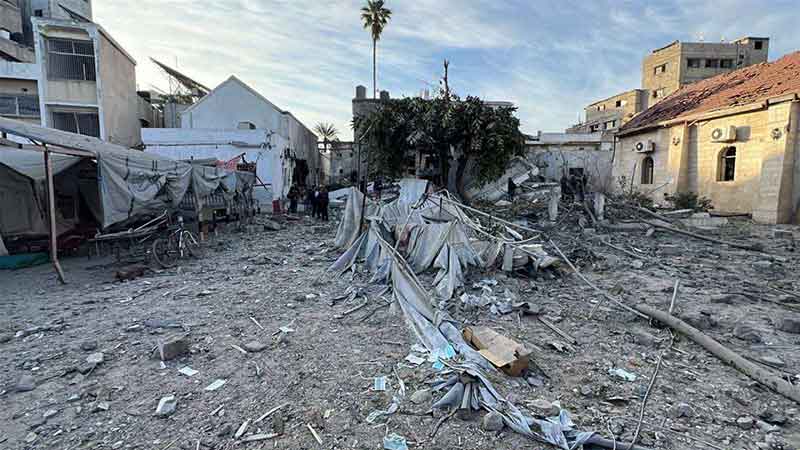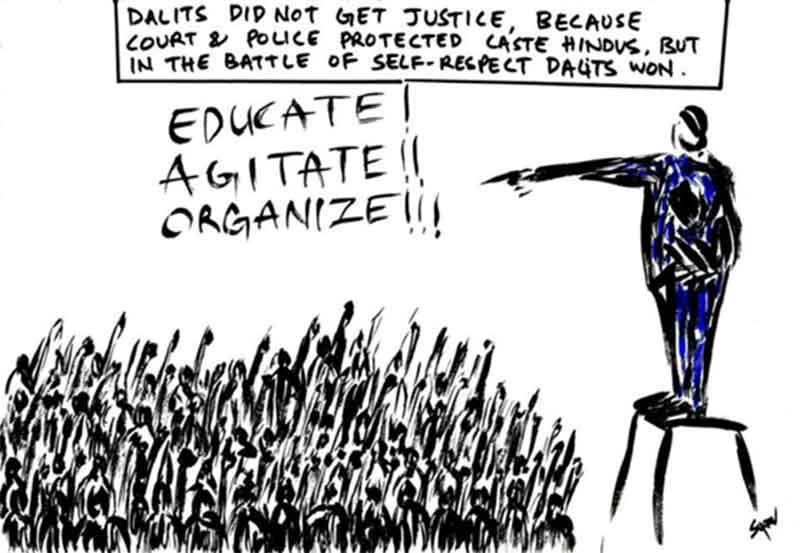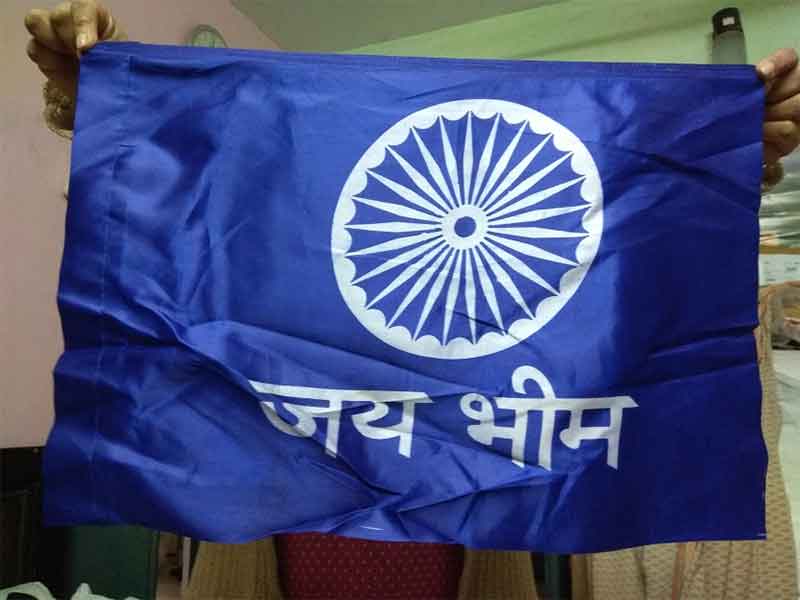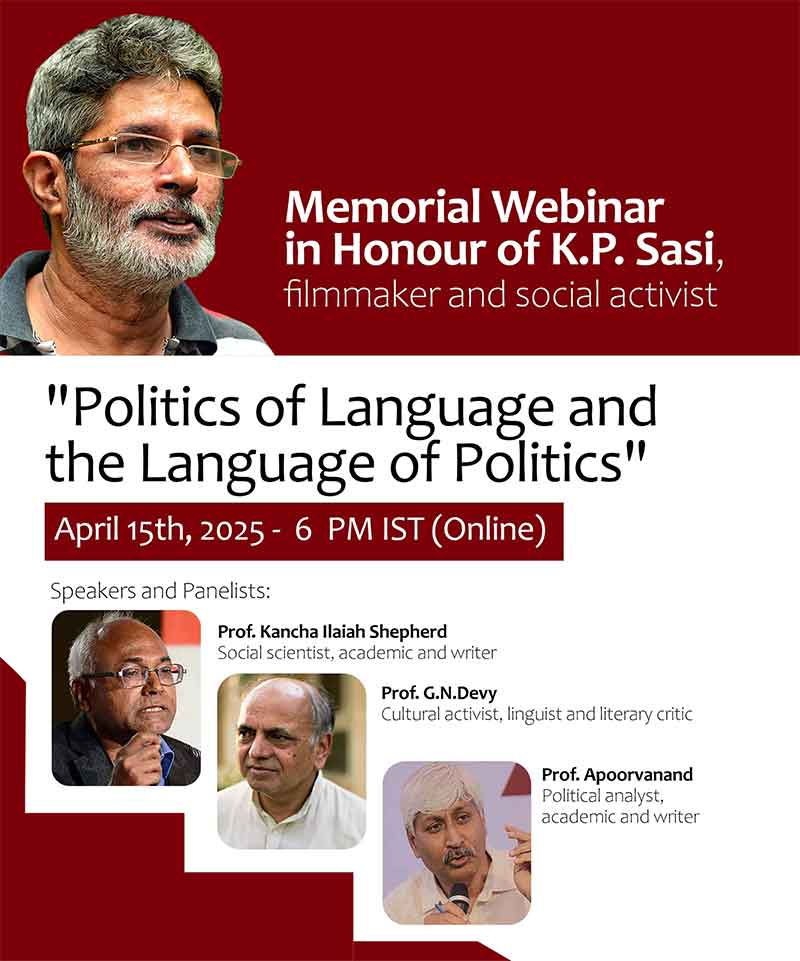
India’s voluntary organizations have on the whole played an important role in taking forward development efforts in India. They have contributed several innovative development initiatives and contributed to a more inclusive understanding of development, with special emphasis on marginalized sections and women. Whether in health or sanitation, agriculture or crafts, education or environment protection, many voluntary organizations have been contributing in significant ways which often provide much needed corrective actions as well.
This is not to deny that voluntary sector has its share of problems. Some of these are internal, and from time to time there have been some initiatives to resolve or reduce them. Such efforts are less visible now. On the other hand the externally created problems have also increased.
On the positive side under corporate social responsibility (CSR) and legal provision for CSR donations more funds related to this are reaching the voluntary sector. Some very good initiatives have emerged using CSR funds. Among others, very good evidence of this can be seen in some of the project areas of SRIJAN. At the same time there is also a feeling that some of donors in CSR category take a rather short-term vision, and expect some results to emerge very quickly without allowing adequate time for the kind of community-strengthening efforts that are needed for more sustained and longer-term success.
Some relatively new efforts that have emerged from donations from domestic sources, such as those initiated by the famous philanthropist Azim Premji, have created a great deal of hope on the basis of their good work and well-thought out approach, although even these appear to be missing some important needs.
On the minus side some donors based abroad started giving less consideration even to very well-functioning development projects in India on the basis of the argument that India has achieved considerable development gains already and needs of several poorer countries are more pressing. No one will deny that the serious humanitarian crisis existing in at least about 25 countries needs life-saving support on the basis of urgency, but at the same time to argue for denying development funds to India, particularly to those organizations who have achieved very good results in the past, is not correct.
However, in the context of voluntary organizations in India accessing funds from abroad, perhaps a much bigger crisis has come from the changing government policy due to which open access to funds could not continue for several of these voluntary organizations and they either had to shut down, or else could continue at only a very small fraction of their previous work and initiatives. It is very sad to see some experienced development sector leaders from these organizations coping with all sorts of difficulties in their elderly years, somehow merely trying to keep alive the identity of their organizations, which in the past had been contributing in several widely appreciated ways (appreciated also by government and senior officials).
On the one hand there has been considerable loss of livelihoods based in various kinds of constructive activities (a lot of this based in poorer and more remote parts of the country), and on the other hand many innovative and promising development initiatives have been ended rather rudely and abruptly, a big loss.
There is need now for the government to reconsider this entire issue. Government sources have at times stated that some of these organizations had been carrying work other than mandated work, or else had violated some other norms. The authorities may have their reasons for drawing such conclusions, but beyond any violations or mistakes, there is the wider reality of what these experienced organizations having a lot of talent and goodwill can still contribute to inclusive and innovative development initiatives the country needs, and taking this as the bigger reality, government authorities should reconsider some of their decisions and policies so that many of the voluntary organizations very adversely affected in recent times can become active again.
Whatever specific or general objections the government has should be conveyed clearly and in transparent ways. After all, looking at the international literature on this subject, no one can really deny that efforts to misuse NGOs for unethical purposes have been made at times, sometimes leading to very disruptive results in some countries, and if the intention of the government is only to try to avoid such possibilities, then the voluntary sector should accept such restrictions in the right spirit, and at the same time the government, having made its point rather strongly about what is not acceptable, should take back the excessively restrictive practices due to which many widely appreciated efforts in the voluntary sector were curbed, so that these initiatives can again make their important contributions.
Bharat Dogra is Honorary Convener, Campaign to Save Earth Now. His recent books include Protecting Earth for Children, Planet in Peril, A Day in 2071 and Man over Machine—A Path to Peace.

